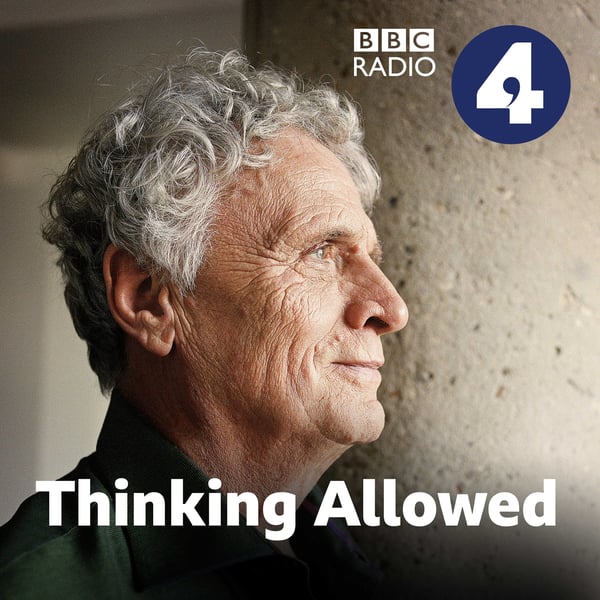Raoul Moat - the media story; Indian sex workers
Thinking Allowed
BBC
4.4 • 973 Ratings
🗓️ 25 April 2012
⏱️ 29 minutes
🧾️ Download transcript
Summary
The sad story of the hunt for the lone gunman Raoul Moat had many of the ingredients of classic crime fiction: a countryside location; an outsider against the law and an extraordinary set of tragic circumstances that unfolded over time. In this edition of Thinking Allowed Laurie Taylor speaks to Michael Rowe, a criminologist at the centre of the crisis. He gave countless media interviews at the time and has now conducted a study of how 24 hour news media used the rubric of crime fiction to present events in a gripping way. He argues, however, that it was a method in which truth and understanding seem to have been amongst the victims. Also on the programme Prabha Kotiswaran discusses her ethnographic study of the daily and nightly life of prostitutes in two of India's cities.
Producer: Charlie Taylor.
Transcript
Click on a timestamp to play from that location
| 0:00.0 | Take some time for yourself with soothing classical music from the mindful mix, |
| 0:06.0 | the Science of Happiness Podcast. |
| 0:08.0 | For the last 20 years I've dedicated my career to exploring the science of living a happier more meaningful life and I want |
| 0:14.4 | to share that science with you. |
| 0:16.1 | And just one thing, deep calm with Michael Mosley. |
| 0:19.4 | I want to help you tap in to your hidden relaxation response system and open the door to that |
| 0:25.4 | calmer place within. Listen on BBC Sounds. |
| 0:30.3 | This is a Thinking Loud Podcast from the BBC and for more details in our terms of use and much, much more about thinking aloud. |
| 0:40.0 | Go to our website at BBC.co. UK. |
| 0:43.0 | Hello. As far as I know I've only made one appearance in private eye but it hurt, it hurt. |
| 0:50.0 | In a brief paragraph I was described as criminal fancier Laurie Taylor. |
| 0:55.3 | And what made it hurt was the was the kernel of truth because although at the time I was a proper criminologist with a couple of books to my name, |
| 1:02.2 | I couldn't always manage to keep my academic |
| 1:04.2 | interest in crime away from my personal relationships with real criminals and with their |
| 1:09.2 | representation in the media. So when John McVicker escaped from Durham prison in October 1968 |
| 1:14.1 | I found myself occasionally conflating the real knowledge I'd acquired about John |
| 1:18.4 | during the seminars I led with him in jail from the media's constant portrait of him as Britain's most wanted man. |
| 1:25.3 | I even allowed myself to join in the media circus by popping up on the local radio station |
| 1:30.2 | and sort of colluding with the idea that John could only have escaped so successfully |
| 1:34.9 | with the help of the underworld. In fact, he did it all by himself. |
| 1:39.2 | All of which meant that I was particularly fascinated to come across a research paper in the journal Crime, Media and Culture, which specifically looks at the manner in which one criminologist became involved in a high-profile media event. |
| 1:51.0 | A week-long police search for Raoul Moat in the summer of 2010. media event, |
... |
Please login to see the full transcript.
Disclaimer: The podcast and artwork embedded on this page are from BBC, and are the property of its owner and not affiliated with or endorsed by Tapesearch.
Generated transcripts are the property of BBC and are distributed freely under the Fair Use doctrine. Transcripts generated by Tapesearch are not guaranteed to be accurate.
Copyright © Tapesearch 2025.

